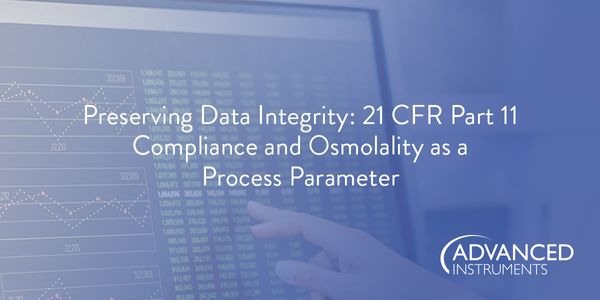Drug Discovery
Drug Discovery: drug discovery is the process by which new candidate medications are discovered. Historically, drugs were discovered through identifying the active ingredient from traditional remedies or by serendipitous discovery. Modern drug discovery involves the identification of screening hits, medicinal chemistry and optimization of those hits to increase the affinity, selectivity (to reduce the potential of side effects), efficacy/potency, metabolic stability (to increase the half-life), and oral bioavailability.
-
Learning Objectives: 1. Describe the exposure response relationships with vancomycin and acute kidney injury 2. Define biomarkers that may be useful to improve Precision Dosing...Speaker: Marc Scheetz, PharmD, MSc, FCCP, FCPPresented at: Drug Discovery & Development Virtual Event Series 2020
Microphysiological systems (MPS), also known as organ-on-chips, are small scale in vitro cell cultures which mimic facets of tissue or organ level function. MPS frequently utilise primary hu...
Speaker:
Tomasz Kostrzewski, PhD
Presented at: Drug Discovery & Development Virtual Event Series 2020
The dopamine D4 receptor (D4R) is enriched in the prefrontal cortex where it plays important roles in cognition, attention, decision making and executive function. Novel D4R-selective ligand...
Accurate DNA replication is essential to transmit the genetic information from one generation to another. However, replication is frequently challenged by barriers that originate from exogen...
Speaker:
Chames Kermi, PhD, PharmD
Presented at: Drug Discovery & Development Virtual Event Series 2020
Non-alcoholic fatty liver disease (NAFLD) is the most common form of chronic liver disease in developed countries, and it affects over 25% of the population worldwide. Within the next five y...
Biomarkers are critical tools for all stages of cancer research, from drug development through clinical applications. Cancer is fundamentally a disease of unregulated cell growth and circumv...
Speaker:
Olivia Stricker, PhD
Presented at: Drug Discovery & Development Virtual Event Series 2020
“The poor translatability of early-stage preclinical models is a major setback in oncology drug development. Immortalized cell lines, that are extensively used in drug screens, undergo...
The liver plays a critical role in the metabolism and clearance of more than 70% of marketed drugs. Furthermore, toxicity to the liver is a major reason for preclinical and clinical drug fai...
























